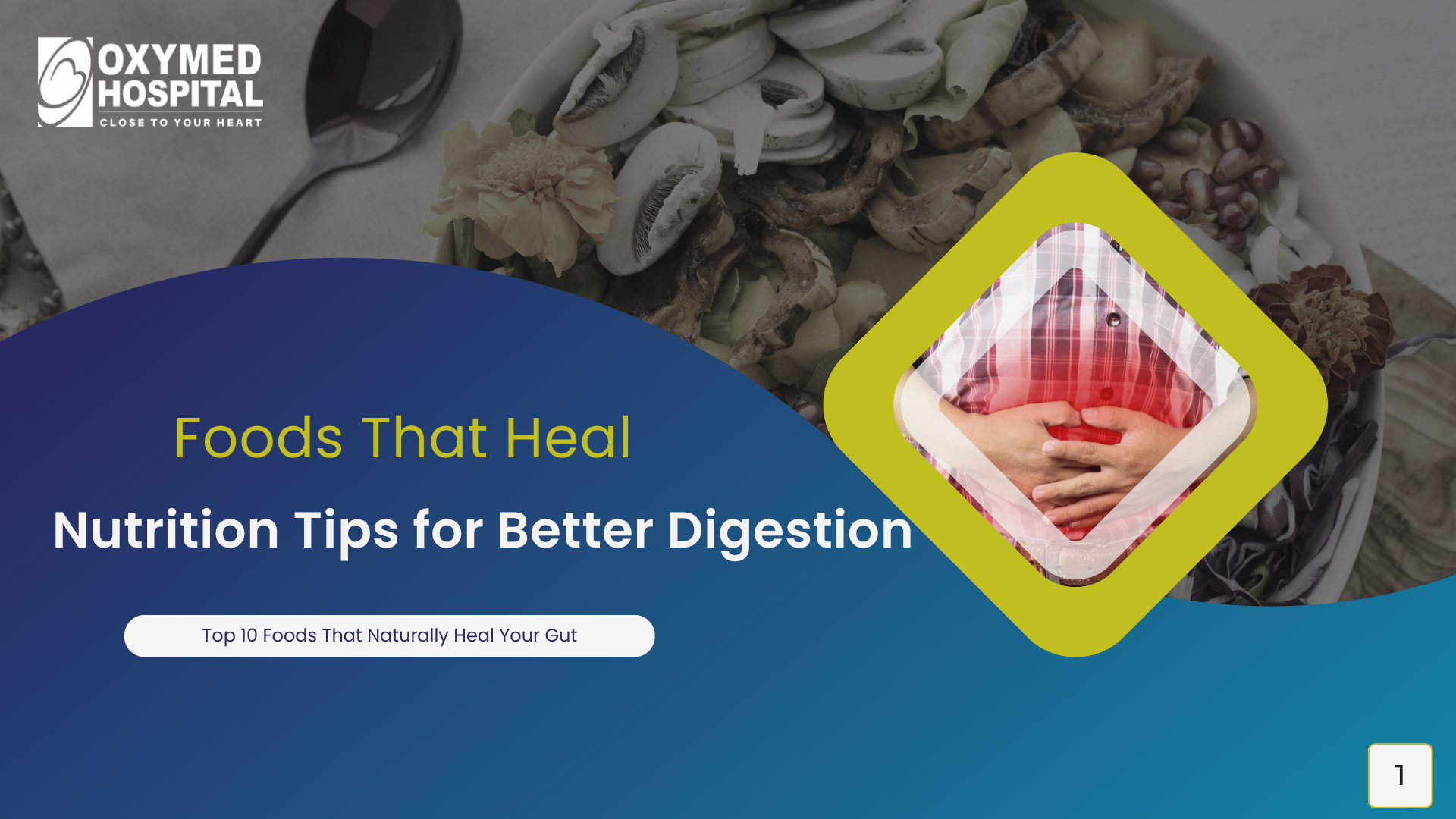
A smoothly functioning digestive system is at the heart of your overall wellbeing. Without it, you would struggle with basic tasks such as absorbing nutrients, supporting immunity, and influencing everything from mental health to your skin’s glow. If you want more energy, fewer aches, and a lighter mood, nurturing your gut is the place to start.
Your digestive system is your body’s powerhouse, breaking down food for energy, absorbing vitamins and minerals, and clearing out toxins. Beyond digestion, your gut houses trillions of “good” bacteria that affect immunity, mood, and even chronic disease risk. Disruptions here can lead to bloating, fatigue, skin problems, and chronic conditions. Simply put: a healthy gut = a healthier, happier you.
Yogurt and Dahi are packed with probiotics. Lately, if you have been active on instagram, you would have come across gut influencers and medical influencers who rave about the benefits of probiotics and how they help maintain beneficial gut bacteria. Choose plain, unsweetened yogurt for the best effects.
Naturally rich in fiber and prebiotics, bananas promote the growth of healthy gut flora and soothe inflammation. Prebiotics are also a must, doctors these days prescribe prebiotics for those under antibiotics. Banana is a natural prebiotic so don’t skip out on this simple yet extremely beneficial fruit.
This ancient spice aids digestion, reduces nausea, and supports healthy gut movement with its natural anti-inflammatory properties. An age old remedy for nausea and other stomach disorders. This is truly a gut healer in the right dosage.
With enzymes like papain, papaya aids in breaking down proteins and eases bloating and constipation. Papaya is a great fruit for your gut but it works better when ripe.
Common in Indian kitchens, fennel seeds can reduce gas, relax digestive muscles, and freshen breath after meals. This is commonly taken after meals as a mouth freshener but works in favor of your gut as well.
Whole oats are loaded with soluble fiber, supporting smooth digestion and feeding good gut bacteria. Have them for breakfast, which is when it works best. Oats might feel have at dinner.
Spinach, kale, and other leafy greens are excellent for gut health, rich in fiber and nutrients that fuel healthy microbes. Incorporate at least one leafy green into your diet thrice a week so maintain optimum gut health. They are also a source of numerous vitamins.
Apples are high in pectin, a prebiotic fiber that supports beneficial bacteria and regulates bowel movements. As the saying goes, an apple a day keeps the doctor away.
Rich in collagen and amino acids, bone broth helps heal the gut lining and can ease symptoms of digestive disturbances. Not enough is known about how much bone broth helps with gut and overall wellbeing.
Items like idli, dosa, kimchi, and pickles introduce live probiotics into your digestive system, enhancing gut flora and resilience. Other fermented foods include koozh, sauerkraut, kefir and so many more. Even Kombucha is a good source of probiotics.
If you experience long-lasting symptoms like bloating, severe stomach pain, unexplained weight loss, blood in stool, or chronic constipation/diarrhea. Schedule a visit with a digestive care specialist. Early attention can prevent conditions from escalating and ease your worry.
Good digestive health is absolutely vital in maintaining lifelong wellness. With mindful food choices and the right habits, your gut can thrive and so will you. Another important point to keep in mind is that stress severely affects your gut health. Your gut struggles to maintain the balance of good bacteria when our cortisol levels are high. So mental health and gut health go hand in hand.
Trust your gut, and if in doubt, the experts at Oxymed Hospital Chennai are here to guide you every step of the way.
Prioritize your digestive health because it’s truly the path to a healthier, happier you.